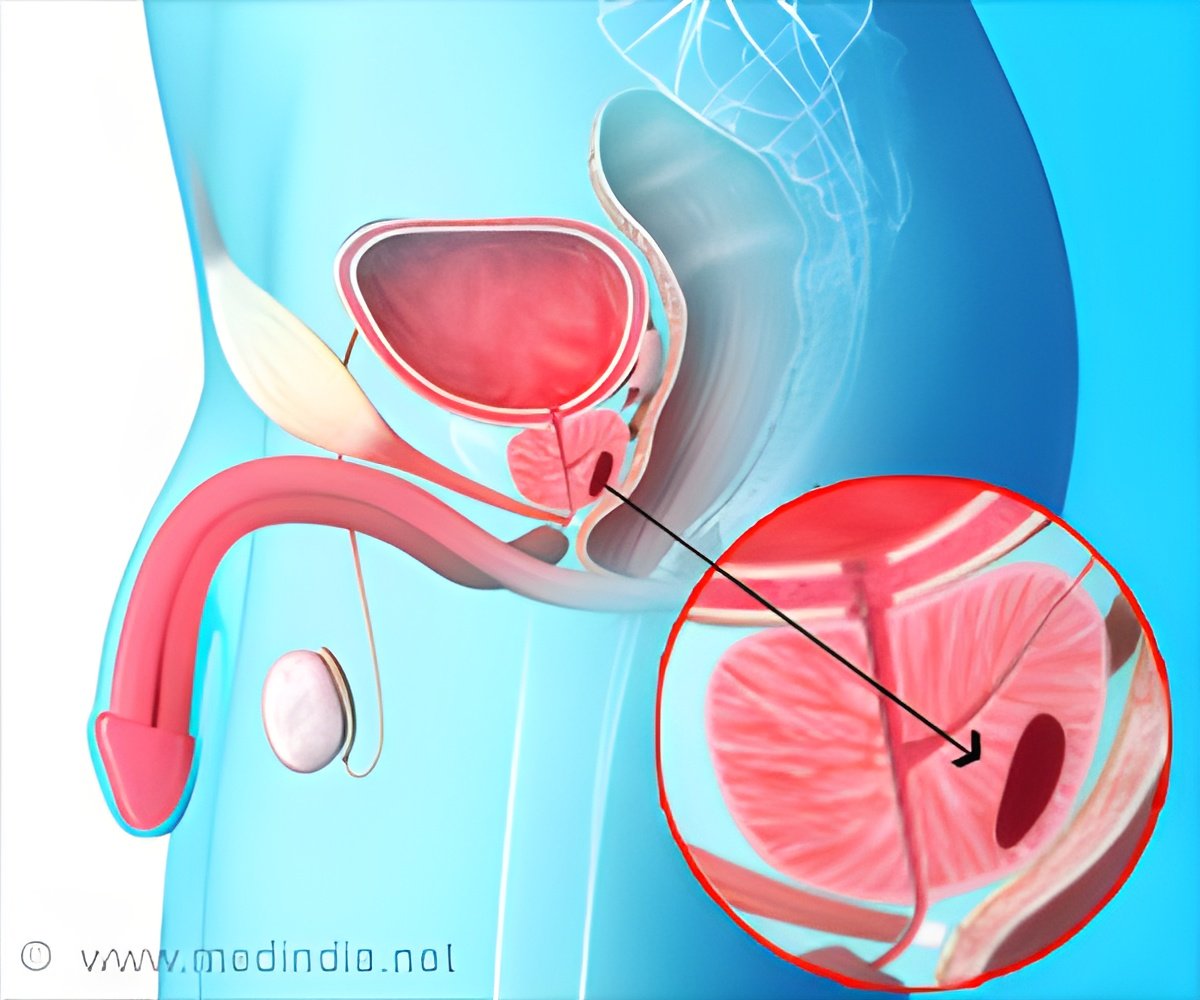
‘Common prostate cancer treatment called androgen deprivation therapies (ADT) block the efficacy of immunotherapy and leads to the relapses in cancer.’
Tweet it Now
Prostate cancer patients and their doctors may want to think twice about the best timing for chemotherapy or radiation therapy in conjunction with a common non-surgical treatment. "Medical ADTs have been used for a half century to treat prostate cancer, and promising clinical results for cancer immunotherapy have led to attempts to combine it and other standard-of-care therapies with immunotherapy to treat the disease," said senior author and principal investigator Dr. Yang-Xin Fu, Professor of Pathology and Immunology.
Relapse of prostate tumors, however, has been a major problem.
"While surgical ADT - castration - works well with immunotherapy, we determined that some androgen receptor antagonists could reduce the T-cell response against prostate cancer, leading to early tumor relapse," said Dr. Fu, who holds the Mary Nell and Ralph B. Rogers Professorship in Immunology and also is a member of the Harold C. Simmons Comprehensive Cancer Center at UT Southwestern.
In other words, the suppressed immune response caused by medical ADTs block the efficacy of immunotherapy and leads to the relapses in cancer commonly seen in clinical trials.
Advertisement
Careful regulation of the timing, types, and dosage of anti-androgens used with immunotherapy are key to maximizing the anti-tumor effects of combination therapy, the study indicates.
Advertisement
More studies are needed, Dr. Fu said, but the upshot is that some chemotherapies and radiation therapies should not be used concurrently with immunotherapies.
"We hope that our findings will cause physicians to think twice before starting chemotherapy or radiation on their cancer patients, to consider the best way to combine them with immunotherapies," he said. "The idea is to kill the tumor cells while also considering whether these therapies are suppressing or activating the immune system."
The study findings were published in Science Translational Medicine.
Source-Newswise














